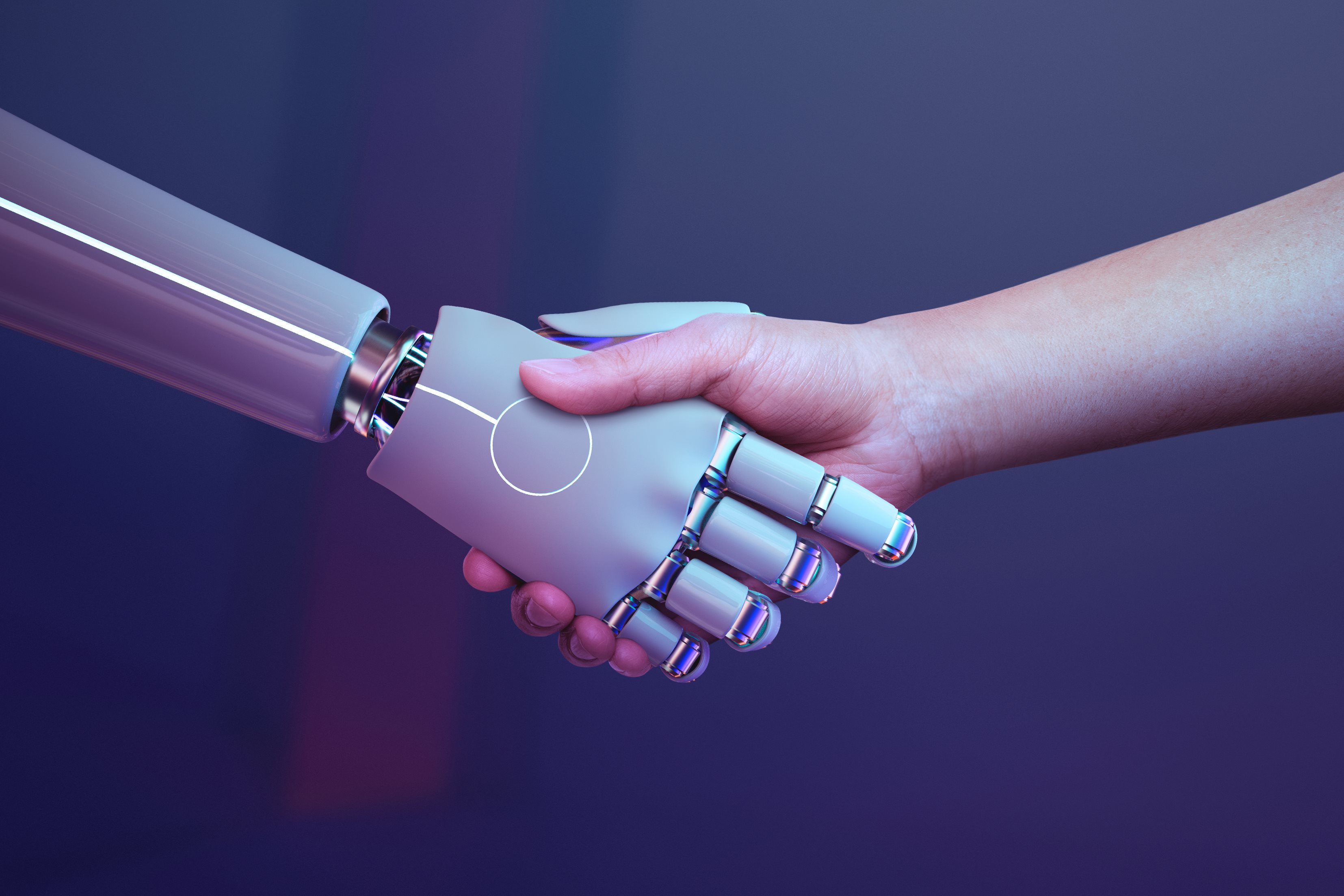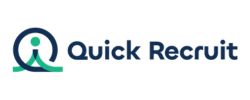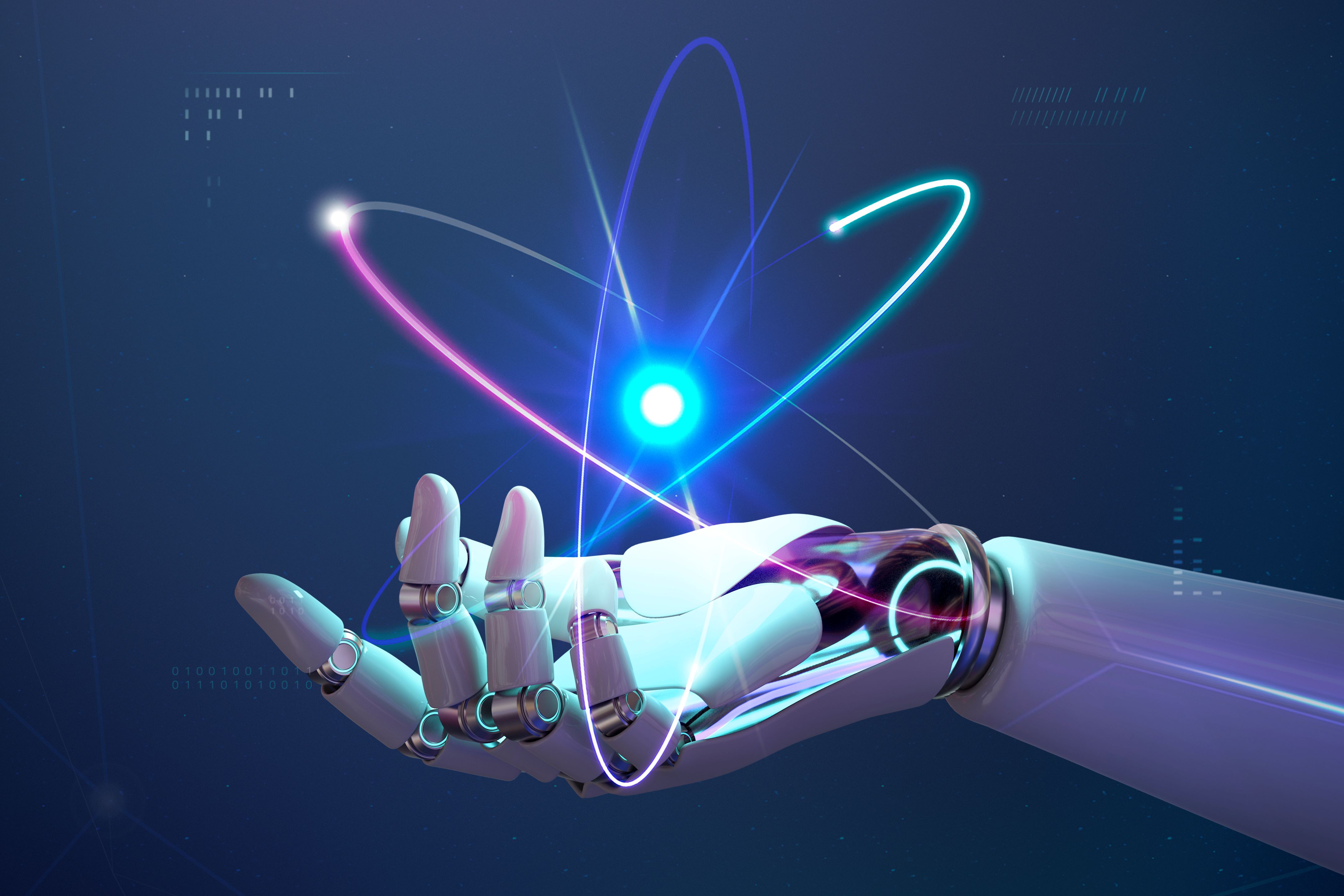Introduction:
AI is transforming hiring, and HR professionals are taking notice of this. AI assessment tools help companies hire faster, develop employee skills, and plan for future leadership all with the power of data.
Choosing the right AI assessment tools can make recruitment more efficient and improve decision making. This guide will show you what to look for in an AI assessment tool, how to use it effectively, and how it can strengthen your overall HR strategy.
Understanding High-Volume Hiring
Hiring at scale isn’t just about filling seats; it’s about finding the right people, fast. In industries like retail, customer service, healthcare, and logistics, demand for workers can spike overnight. Whether it’s gearing up for the holiday rush, expanding operations, or managing high turnover, recruiters in these fields face an ongoing challenge: how to efficiently screen, evaluate, and hire top talent using the best recruitment assessment tools without sacrificing quality.
Key Challenges in High-Volume Hiring

- The Resume Deluge
One job posting. Thousands of applicants. Sorting through them all? It’s like drinking from a firehose. Manual resume reviews are not only time-consuming but also prone to human oversight. With sheer application volume, even the most qualified candidates can get lost in the pile. Implementing talent assessment tools, such as AI assessment tools for hiring, can streamline the process and help recruiters efficiently identify top candidates.
- The Race Against Time
Speed is everything in high-volume hiring. The longer the process drags on, the more likely top candidates will accept offers elsewhere. Companies that rely on traditional screening methods risk missing out on great hires simply because their process can’t keep up with demand. AI skills match technology and hiring assessment tools can significantly cut down the screening time, ensuring companies hire the best talent before competitors do.
- Inconsistent Evaluations
Human judgment is subjective. Two recruiters might assess the same candidate differently based on personal preferences, unconscious biases, or even the time of day. Without a standardized process, hiring decisions can become unpredictable, leading to mismatched hires and increased turnover. The use of AI assessments, virtual assessments, and talent assessment software ensures that candidate evaluation remains objective, data-driven, and fair.
- The Hiring Treadmill
Some industries operate in an endless cycle of hiring, onboarding, and replacing employees. High turnover rates make it difficult to build a stable workforce, forcing companies to constantly restart the recruitment process, draining time, resources, and morale. By leveraging hiring assessment tools and skills assessment software, businesses can ensure they select candidates with the right skills and cultural fit, reducing turnover and improving retention. - The Candidate Experience Problem
A lengthy, unclear, or unresponsive hiring process frustrates job seekers. Candidates today expect timely updates and a seamless experience. When companies fail to communicate effectively, applicants disengage, ghost interviews, or accept faster offers elsewhere. Using candidate assessment tools and virtual assessments can create a smooth and engaging hiring experience, keeping job seekers informed and motivated throughout the process.
A Smarter Approach to High-Volume Hiring

These challenges are real, but they’re not insurmountable. AI-driven hiring solutions are transforming the process, enabling recruiters to quickly identify top candidates, reduce bias, and streamline decision-making. The future of high-volume hiring isn’t just about working harder—it’s about working smarter by leveraging talent assessment tools and AI-driven hiring assessment tools.
Precision and Efficiency: The Mechanics of AI-Driven Evaluation
AI-powered assessment tools facilitate a paradigm shift from subjective, resume-centric evaluations to data-driven, objective candidate analysis. Key functionalities of talent assessment software and AI assessment tools for hiring include:
- Automated Candidate Filtration: Advanced algorithms execute rapid, precise analysis of candidate profiles, aligning qualifications with predefined role specifications, thereby significantly reducing manual review time. AI skills match capabilities enhance precision by evaluating skills assessment data effectively.
- Skill-Centric Evaluation Protocols: AI-driven platforms deploy customized, psychometrically sound hiring assessments, objectively measuring candidate competencies and providing empirical evidence of proficiency using best recruitment assessment tools.
- Predictive Talent Analytics: Leveraging historical data and performance metrics, AI models generate predictive insights, identifying candidates with the highest probability of success within the organization through advanced candidate assessment tools.
- Mitigation of Cognitive Bias: Standardized hiring assessment tools, devoid of human subjectivity, contribute to a more equitable and inclusive talent acquisition process. Virtual assessments ensure fair evaluations without location constraints.
Strategic Benefits for Talent Acquisition Leaders
- Accelerated Time-to-Hire: Automation of routine tasks through AI-driven hiring assessment tools accelerates the recruitment lifecycle, enabling organizations to rapidly onboard qualified personnel using efficient talent assessment tools.
- Scalable Talent Acquisition Infrastructure: AI facilitates the efficient management of large applicant pools, ensuring consistent evaluation standards across high-volume recruitment campaigns using candidate assessment tools.
- Enhanced Candidate Engagement: AI-enabled communication platforms provide timely updates and personalized feedback, fostering a positive candidate experience while optimizing AI assessments.
- Data-Driven Hiring Precision: Objective, data-driven insights from AI skills match and hiring assessment tools optimize candidate selection, minimizing attrition and maximizing organizational performance.
Strategic Implementation and Ethical Considerations
- Alignment with Organizational Talent Strategy: Selection of AI-driven talent assessment tools should align with specific industry requirements and organizational talent acquisition objectives.
- Compliance and Ethical Governance: Adherence to all relevant labor laws and ethical AI principles is paramount, ensuring fairness and transparency in the recruitment process while using AI assessment tools for hiring.
- Integrated Human-AI Collaboration: Strategic integration of AI hiring assessments with human expertise ensures a balanced approach, preserving the essential human element in talent acquisition.
- Continuous Algorithmic Auditing: Regular review and refinement of AI-driven skills assessment tools are essential to maintain accuracy, mitigate bias, and ensure alignment with evolving organizational needs.
- Transparent Candidate Communication: Clear and concise communication regarding the use of AI-driven candidate assessment tools in the recruitment process fosters trust and transparency.
Real World Examples of AI in High Volume Hiring
1. Hilton Worldwide
Hilton implemented AI chatbots to handle the overwhelming number of applicants, significantly improving candidate engagement. Before AI, the company faced long wait times and unprocessed resumes. Post-implementation, Hilton reduced its hiring timeline from 43 days to just 5 days and improved its hiring rate by 40% through AI-powered evaluations.Click here to know more.
2. Unilever
Unilever processes around 1.8 million job applications annually and uses an AI-driven recruitment platform developed with Pymetrics. This system employs gamified assessments and AI-analyzed video interviews, resulting in a reduction of 70,000 person-hours spent on interviews annually. Notably, Unilever’s use of AI has also enhanced diversity in hiring by mitigating unconscious bias. Click here to know more.
3. Siemens
Siemens utilizes AI algorithms for candidate matching and ranking, leading to over 80% of their hires being sourced through this technology. The algorithms analyze job descriptions and resumes to identify the best candidates efficiently.
4. Vodafone
Vodafone adopted AI to expedite its recruitment process across its global workforce of over 100,000 employees. This implementation allowed them to streamline hiring significantly, although specific metrics were not disclosed.
5. PwC
PwC’s use of AI in candidate assessments has led to a remarkable 300% increase in recruitment efficiency, showcasing the effectiveness of AI in enhancing hiring processes.
6. IBM
IBM’s Watson Recruitment platform has achieved a 40% reduction in time-to-fill job openings while improving the quality of new hires by 20%. This demonstrates the dual benefits of speed and quality that AI can provide.Click here to know more
7. Marriott International
Marriott incorporated gamified assessments through Pymetrics to engage candidates effectively, which not only reduced application drop off rates but also improved candidate quality significantly.
Statistics Showcasing AI’s Impact on Hiring Efficiency and Quality

- According to a Gartner survey, 38% of HR leaders have implemented or are planning to implement AI in recruitment processes. Click here to know more.
- AI recruiting assistants have been shown to improve scheduled interview show rates by 20%.
- Companies using AI tools report that they can conduct more than three times the number of candidate assessments compared to traditional methods.
- The average cost per hire is reported at $4,700, which can escalate in high-volume scenarios; thus, using AI can help manage these costs effectively.Click here to know more.
- A study indicated that candidates selected by AI were 14% more likely to pass interviews compared to those selected by humans, reflecting the enhanced quality of hires facilitated by AI tools. Click here to know more
- Companies like Hilton have reported a staggering 90% reduction in time-to-fill ratios, emphasizing how crucial AI can be for organizations facing high-volume hiring challenges.
AI technologies not only streamline the recruitment process but also enhance candidate experiences and improve overall hiring outcomes. Key benefits include:
- Enhanced Candidate Experience: Maintaining positive interactions is critical; studies show that 69% of candidates with negative experiences won’t apply.
- Automation of Repetitive Tasks: By automating tasks such as resume screening and interview scheduling, recruiters can focus on more strategic activities.
- Diversity and Inclusion: Many companies report increased diversity as a result of using unbiased algorithms that focus solely on qualifications rather than demographic factors.
Navigating the Complexities of AI Integration
Organizations must acknowledge the potential challenges associated with AI adoption, including algorithmic bias and over-reliance on automation. Implementing robust governance frameworks, conducting regular audits, and maintaining human oversight are crucial for mitigating these risks.
Conclusion: Accelerating Recruitment with AI Powered Precision
Quick Recruit’s AI based assessments revolutionize high volume hiring by combining speed, accuracy, and fairness. Through automated screening, skill based evaluations, and predictive analytics, organizations can identify top candidates efficiently while reducing hiring biases. By leveraging AI driven insights, Quick Recruit ensures a seamless, data backed recruitment process that enhances candidate experience and accelerates time-to-hire. In today’s competitive job market, adopting Quick Recruit’s AI powered solutions is the key to scaling hiring efforts while maintaining quality and efficiency.

